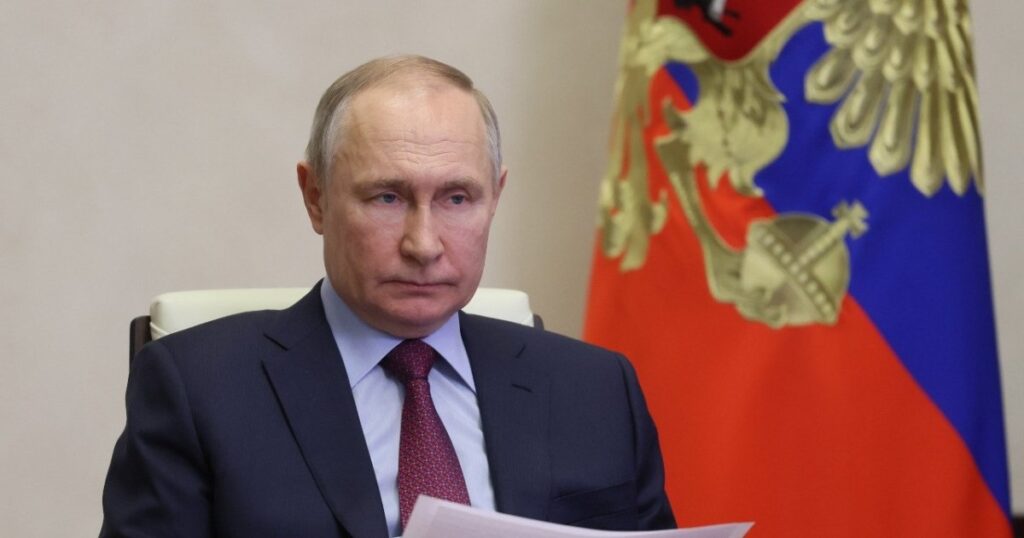Vitaly Shapran’s Insights on Russian Economic Vulnerabilities Amidst Ukraine Conflict
Amidst the ongoing conflict between Russia and Ukraine, Ukrainian economist Vitaly Shapran offers a detailed analysis of the Russian economy, highlighting both its strengths and vulnerabilities. Shapran argues that while Western sanctions have impacted Russia, further strategic measures could accelerate the deterioration of its economic stability.
State of the Russian Economy
Despite the international sanctions and the prolonged conflict, the Russian economy has shown some resilience. As of early 2024, the GDP growth rate stood at 5% for the first half of the year, surpassing the annual forecast of 2.8%. Inflation in June 2024 reached 8.6% annually, which, though substantial, is far from catastrophic when compared to Turkey’s recent inflation rates of over 70%.
Foundations of the Russian Economy
Shapran identifies three key pillars supporting the Russian economy:
- Energy Extraction: Historically, Russia’s economic strength has heavily relied on its ability to extract and export energy raw materials.
- Manufacturing Industry: Government spending has invigorated this sector, bolstering it further.
- Construction: Significant state investments and various financing schemes have kept this sector robust.
While the West often criticizes the inefficiency of sanctions, Shapran notes that these measures do have an impact, just not as decisively as required to destabilize the Russian economy completely.
Potential Catalysts for Economic Crisis
Shapran suggests that the Russian economy is teetering and could be pushed into a crisis by what he terms an "Aurora shot", a sudden and disruptive event akin to the shock caused by the 1917 Bolshevik uprising on the battleship Aurora. Potential catalysts for such a crisis could include:
- A sudden drop in oil prices, mirroring events that contributed to the collapse of the USSR.
- Significant political upheaval, such as the death of Vladimir Putin or internal conflict within his administration.
- A major man-made disaster that could shake economic confidence.
Strategic Measures for Economic Destabilization
To hasten Russia’s economic collapse, Shapran outlines several strategic measures that Ukraine and its allies could pursue:
-
Targeting the Oil Industry: The oil sector is crucial for Russia as it provides the financial resources that support other industries. Disrupting this industry could involve not only affecting oil prices but also limiting exports, such as targeting the shadow tanker fleets that Russia relies on.
-
Freezing Reserves: Freezing international reserves of Russian state funds has had a notable effect. However, Shapran emphasizes the importance of also targeting unofficial reserves that the Kremlin uses to bypass sanctions and invest in the economy.
- Technological Isolation: Russia produces very few of its consumer products domestically, and the temporary surge in military and mechanical engineering does not guarantee long-term technological leadership. Isolating Russia from technological progress, particularly in equipment for production and industrial applications, can weaken its economic foundation.
Shapran believes that with strategic actions and cooperation with allies, Ukraine can significantly impact the Russian economy. He points out recent signs of strain within the Russian administration, such as Putin’s rushed diplomatic activities and unsuccessful endeavors, indicating a potential opportunity for Ukraine to capitalize on these weaknesses.
As the conflict persists, Shapran urges Ukraine and its partners to act swiftly and decisively, leveraging the current vulnerabilities of the Russian economy to bring about substantive change.
For more updates on the ongoing situation and expert analyses, visit Vitaly Shapran’s Facebook page.
